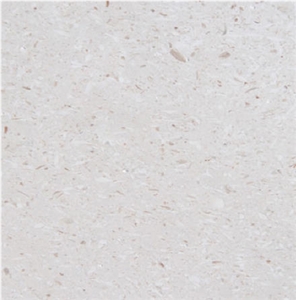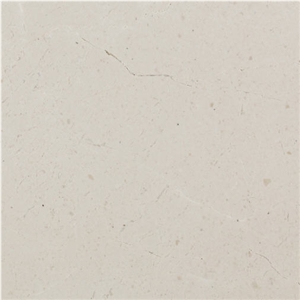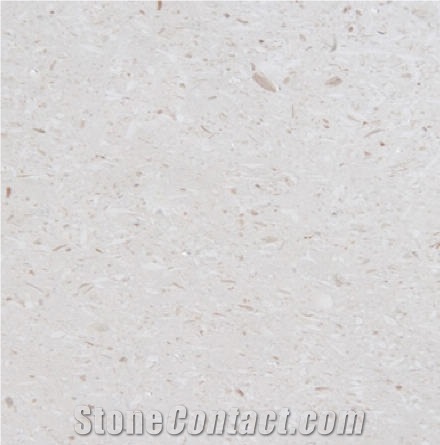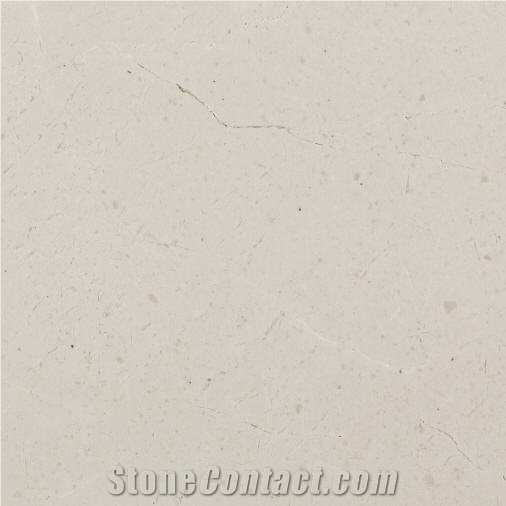Roman Beige Marble
 Turkey
Turkey
Roman Beige Marble is a light beige color fossilized sedimentary rock.
PHYSICAL PROPERTIES
Visible Density (kg/m3) 2.408 ± 0.053Actual Density (kg/m3) 2680 ± 0,014
Open Prorosity (%) 8,198 ± 1,374
Total Prorosity (%) 10,350 ± 1,118
Water Absorption under Atmospheric Pressure 3,410 ± 0,632
MECHANICAL PROPERTIES
Resistance of Pressure (Mpa) 55,30 ± 7,42
Bending Resistance Under Weight (Mpa) 9,71± 1,65
Abrasion Loss (B?hme Methode) (cm3/50cm2) 19,15 ± 3,09
Abrasion Loss (Disc Abrasion) (mm) 23,70 ± 0,45
Impact Resistance (Mpa) 0,2 ± 0

How thick should a Roman Beige Marble backsplash be?

Which is better for kitchen Roman Beige Marble or quartz?

How thick is Turkey's Roman Beige Marble slabs?

Why is Roman Beige Marble used for window sills?

Is Roman Beige Marble good quality?

What is the standard width of a Roman Beige Marble window sill?

Can Turkey's Roman Beige Marble be used in landscaping?

Can Turkey's Roman Beige Marble be used in a office?

What is the standard thickness of Roman Beige Marble window sill?

Does Roman Beige Marble go with subway tile?

Is Roman Beige Marble good for stairs?

Can Turkey's Roman Beige Marble be used exterior applications in cold climates?

How thick is a Roman Beige Marble swimming pool coping?

Are Roman Beige Marble tiles waterproof?

Is travertine better than Roman Beige Marble around pools?

What is the average density of Turkey's Roman Beige Marble?

Can Turkey's Roman Beige Marble be used outdoors?

What is the coefficient of friction of Sandblasted Turkey's Roman Beige Marble tiles?

Why not to use Roman Beige Marble for kitchen countertops?

Can Roman Beige Marble be used as terrace pavers?

What happens to Roman Beige Marble when it gets wet?

Are there color variations of Turkey's Roman Beige Marble?

Is Turkey's Roman Beige Marble an expensive stone?

Does chlorine damage Roman Beige Marble?

Does Roman Beige Marble leave water spots?

Are Roman Beige Marble window sills good?

What is the minimum height for a landing Roman Beige Marble balustrade?

How do I clean Roman Beige Marble outdoor stairs?

Is Roman Beige Marble tile too slippery for a bathroom?

Is polished Roman Beige Marble slippery around a pool deck?

What grade is Turkey's Roman Beige Marble?

Can Roman Beige Marble be used in a swimming pool?

Is Roman Beige Marble good for bathroom tile?

Why not to use Roman Beige Marble in shower?

Is Roman Beige Marble good for swimming pool coping?
-

XIAMEN REFINESTONE INDUSTRIAL CO.,LTD.
 China
China
 14YRDiamond members are premium members on platform, providing members with comprehensive approach to promoting their products, increasing products exposure and investment return to maximize.
14YRDiamond members are premium members on platform, providing members with comprehensive approach to promoting their products, increasing products exposure and investment return to maximize.
 Verified Supplier is for prove company authenticity,including business license,trade license and effective office space,to enhance buyers' trust to suppliers and their products, reducing communication costs.
Verified Supplier is for prove company authenticity,including business license,trade license and effective office space,to enhance buyers' trust to suppliers and their products, reducing communication costs.
Contact Supplier
-

XIAMEN REFINESTONE INDUSTRIAL CO.,LTD.
 China
China
 14YRDiamond members are premium members on platform, providing members with comprehensive approach to promoting their products, increasing products exposure and investment return to maximize.
14YRDiamond members are premium members on platform, providing members with comprehensive approach to promoting their products, increasing products exposure and investment return to maximize.
 Verified Supplier is for prove company authenticity,including business license,trade license and effective office space,to enhance buyers' trust to suppliers and their products, reducing communication costs.
Verified Supplier is for prove company authenticity,including business license,trade license and effective office space,to enhance buyers' trust to suppliers and their products, reducing communication costs.
Contact Supplier
-

XIAMEN REFINESTONE INDUSTRIAL CO.,LTD.
 China
China
 14YRDiamond members are premium members on platform, providing members with comprehensive approach to promoting their products, increasing products exposure and investment return to maximize.
14YRDiamond members are premium members on platform, providing members with comprehensive approach to promoting their products, increasing products exposure and investment return to maximize.
 Verified Supplier is for prove company authenticity,including business license,trade license and effective office space,to enhance buyers' trust to suppliers and their products, reducing communication costs.
Verified Supplier is for prove company authenticity,including business license,trade license and effective office space,to enhance buyers' trust to suppliers and their products, reducing communication costs.
Contact Supplier
-

Hebei Rui Yuan Stone Sculpture Factory
 China
China
 12YRDiamond members are premium members on platform, providing members with comprehensive approach to promoting their products, increasing products exposure and investment return to maximize.
12YRDiamond members are premium members on platform, providing members with comprehensive approach to promoting their products, increasing products exposure and investment return to maximize.
 Verified Supplier is for prove company authenticity,including business license,trade license and effective office space,to enhance buyers' trust to suppliers and their products, reducing communication costs.
Verified Supplier is for prove company authenticity,including business license,trade license and effective office space,to enhance buyers' trust to suppliers and their products, reducing communication costs.
Contact Supplier
-

 China
China
 7YRDiamond members are premium members on platform, providing members with comprehensive approach to promoting their products, increasing products exposure and investment return to maximize.
7YRDiamond members are premium members on platform, providing members with comprehensive approach to promoting their products, increasing products exposure and investment return to maximize.
 Verified Supplier is for prove company authenticity,including business license,trade license and effective office space,to enhance buyers' trust to suppliers and their products, reducing communication costs.
Verified Supplier is for prove company authenticity,including business license,trade license and effective office space,to enhance buyers' trust to suppliers and their products, reducing communication costs.
Contact Supplier
-

 Spain
Spain
 6YRDiamond members are premium members on platform, providing members with comprehensive approach to promoting their products, increasing products exposure and investment return to maximize.
6YRDiamond members are premium members on platform, providing members with comprehensive approach to promoting their products, increasing products exposure and investment return to maximize.
 Verified Supplier is for prove company authenticity,including business license,trade license and effective office space,to enhance buyers' trust to suppliers and their products, reducing communication costs.
Verified Supplier is for prove company authenticity,including business license,trade license and effective office space,to enhance buyers' trust to suppliers and their products, reducing communication costs.
Contact Supplier
-

 China
China
 9YRDiamond members are premium members on platform, providing members with comprehensive approach to promoting their products, increasing products exposure and investment return to maximize.
9YRDiamond members are premium members on platform, providing members with comprehensive approach to promoting their products, increasing products exposure and investment return to maximize.
 Verified Supplier is for prove company authenticity,including business license,trade license and effective office space,to enhance buyers' trust to suppliers and their products, reducing communication costs.
Verified Supplier is for prove company authenticity,including business license,trade license and effective office space,to enhance buyers' trust to suppliers and their products, reducing communication costs.
Contact Supplier
-

-

-

Xiamen BoKing Import & Export Trade Co.,Ltd
 China
China
 Verified Supplier is for prove company authenticity,including business license,trade license and effective office space,to enhance buyers' trust to suppliers and their products, reducing communication costs.
Verified Supplier is for prove company authenticity,including business license,trade license and effective office space,to enhance buyers' trust to suppliers and their products, reducing communication costs.
Contact Supplier
The request includes: 1. surface finished, size 2. quantity required










 Italy
Italy